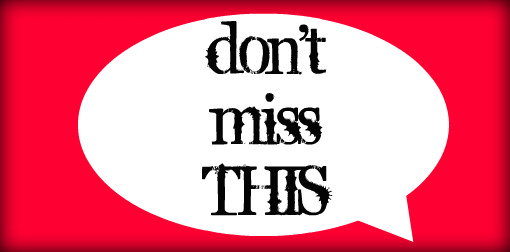 Holidays mean so much to so many. Sometimes they represent the happiness of yesteryear. Other times they may remind us of the fear of tomorrow. We all know that sometimes if you have one foot in yesterday and one foot into tomorrow, then we may be missing the beautiful holiday present that is being given to us this day.
Holidays mean so much to so many. Sometimes they represent the happiness of yesteryear. Other times they may remind us of the fear of tomorrow. We all know that sometimes if you have one foot in yesterday and one foot into tomorrow, then we may be missing the beautiful holiday present that is being given to us this day.
For many families, the holidays are a festive time. But for those caring for a family member, festive times might be fraught with depression, anxiety, stress and new challenges that many others do not face. Today there more than over 50 million caregivers in our country whose holiday season may fall into this category.
As many of you know, my mother-in-law has been hospitalized since August. She’s in a nursing home now for physical therapy, and has improved greatly, but I know just how hard it’s been for my husband, sister-in-law, and father-in-law to deal with. The following are some special tips* for caregivers this holiday season:
ONE — Give yourself a wellness gift.
Give yourself a health and wellness gift. Get a checkup, an assessment for anxiety or depression, and/or a health screening. Find a therapist. Join a support group. Take care of your own personal health. It’s the first step toward reducing the stress and strain of the season ahead.
TWO — Ask for help and make sure you are open to accept it.
Asking friends and families for help may be the hardest thing we face. As caregivers, we are way too quick to accept the role of hero, martyr or savior. Too often we have a “go it alone policy” and believe that we must take care of everything ourselves.
THREE — Find a friend or make a friendship even richer.
Having a friend to provide conversation, support and assistance or for any holiday activity is a wonderful therapeutic approach to the holidays. Sometimes a friend is all we need: a safe sounding board so we can get some stress out. Sometimes a friend might even offer respite that can lift your spirits and make the season more enjoyable.
FOUR — Learn how not to take things personally.
Sometimes when families get together we are “on our last nerve.” Make sure we realize that the people around us have their dramas and traumas too and their words, though hurtful, may have nothing to do with us. Sometimes the words may come from a person with stressful challenges of their own.
FIVE — Identify a supportive community of friends, families or spiritual gatherings.
Many caregivers are concerned they are seen as a burden and are often reluctant to come out and be connected to the world around them. Sometimes they feel no one cares. By finding a community outside the family, caregivers know they exist in a community of loving people who want to help because they care.
SIX — Plan your family’s activities with thought throughout the season.
Roles and responsibilities are extremely important to explain to all involved. Ongoing family conferences throughout the holidays help maintain the boundaries necessary to the caregiving process so that no one feels out of control or inadequate. This is vital and should be done in person and as frequently as needed. Holiday family conferences are like tune-ups used to maintain the family car. This car needs to drive well, efficiently and for a long time. Schedule these conversations regularly before the wheels fall off.
SEVEN — Keep a gratitude list in a holiday journal filled with wonderful affirmations.
That is a mouthful for sure and no doubt as a caregiver you will take this item by item or as a personal project throughout the season. Any one of these exercises can shift your focus away from darkness and worry and help empower a caregiver to create a focus on gratefulness – and hopefully begin to see the large amount of abundance that there already is in being alive. This process will begin to inspire new avenues of thought throughout the holiday season.
EIGHT — Find humor everywhere you go. “Laughter Is the Best Medicine.”
This is an old expression popularized by Norman Cousin’s book “Anatomy of an Illness,” in which he describes his battle with cancer and how he “laughed” his way to recovery. Laughter is a great tension-releaser, pain reducer, breathing improver, and general elevator of moods. Humor is so very valuable and a great elixir to get us through difficult or stressful times. Try to see the humor in being a caregiver during the holiday season. Start now. “How do you tell a caregiver from anyone else? It is the person who jumps off a cliff and someone else’s life passes before their eyes… Okay, not so funny. Make sure you find your own laughter to keep smiling in your own life. Your energy for others during the holiday season will only happen when you energize and empower your own life force today.
*Advice provided by Dr. James Huysman. He’s a social worker, and the executive director and co-founder of The Leeza Gibbons Memory Foundation, along with Ms. Leeza Gibbons herself. Their signature program is Leeza’s Place, “A Place for Caregivers.” This is a national program aimed at dealing with the burnout and compassion fatigue challenges of caregivers across the country. Dr. Huysman currently oversees Leeza’s Place centers in 10 cities that serve thousands of caregivers each day. He’s the co-author of Take Your Oxygen First, a No. 1 caregiving title at Amazon.com.